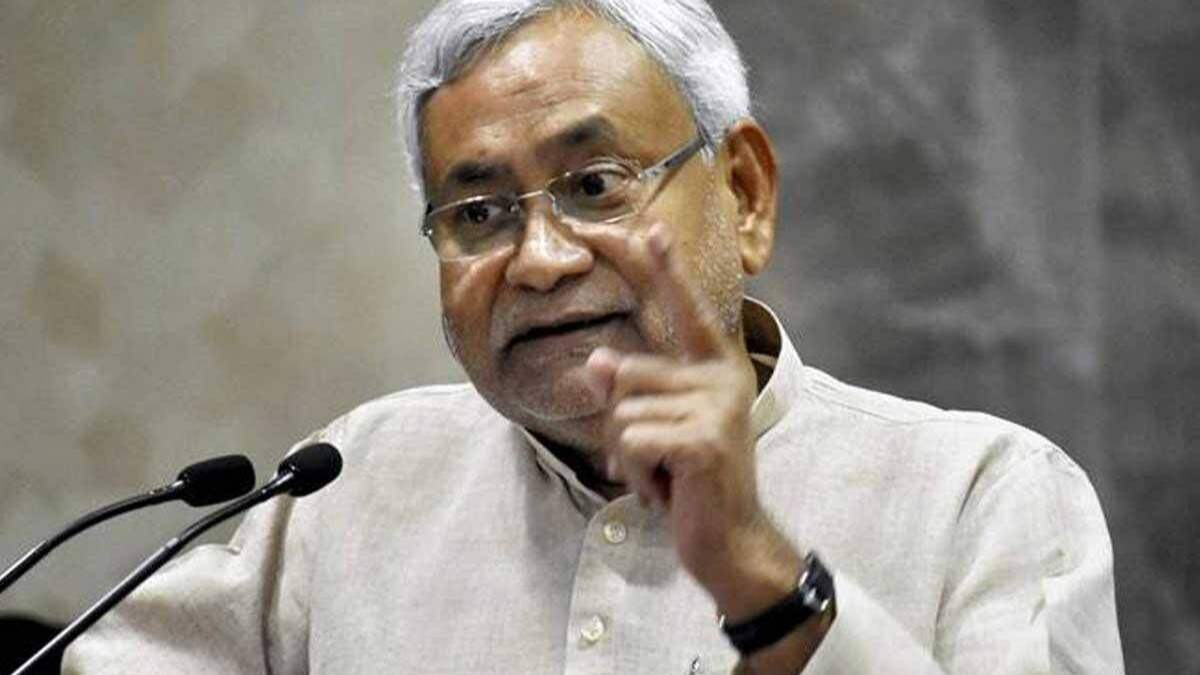


The Delhi Tall Court as of late conveyed a critical administering, dismissing a supplication challenging the decision of Bihar Chief Serve Nitish Kumar as the President of the Janata Dal (Joined together) [JDU]. The appeal was brought forward by previous JDU part Govind Yadav, who looked for to discredit the inner party races held by the JDU in 2016, 2019, and 2022, contending that these decisions were conducted illicitly.
Court's Discoveries
In an arrange passed on Admirable 29, 2024, Equity Purushaindra Kumar Kaurav rejected Yadav's supplication, expressing that it needed justify and fell exterior the court's ward beneath Article 226 of the Structure of India. The Court clearly expressed:
“The request needs justify and falls exterior the jurisdictional scope of Article 226 of the Structure of India. Thus, the summons appeal is therefore rejected together with pending application(s). No arrange as to costs.”
Yadav's petition had particularly called for the cancellation of changes made within the records of the JDU, which are kept up by the Race Commission of India (ECI). He fought that these changes were in infringement of Segment 29A(9) of the Representation of the Individuals Act, 1951.
Arguments and Legal Grounds
Section 29A(9) of the Representation of the People Act mandates that any changes in a political party’s name, head office, office-bearers, or other material matters must be communicated to the ECI without delay. Yadav claimed that the internal elections of JDU did not adhere to this section and violated party's constitution.
Nevertheless, the Court noted that similar disputes had arisen before. A group within the JDU had raised the matter with the Election Commission before, and in November 2017, the ECI had decided in favor of Nitish Kumar's leadership.
“This faction [led by Nitish Kumar] demonstrated overwhelming majority support, both within the legislative wing and the National Council of the party, which is the apex organizational body. Consequently, the interim order recognized the group led by Mr. Nitish Kumar as the legitimate JDU faction under paragraph 15 of the Symbols Order. As a result, this faction was granted the entitlement to use the reserved symbol, the Arrow, as the officially recognized State party in Bihar.”
Conclusion
Justice Kaurav determined that Yadav's requested reliefs were outside the jurisdiction of the examination under Section 29A of the Representation of the People Act. As a result, the Court decided not to intervene in the JDU's internal decisions and confirmed Nitish Kumar's election as the party president. This decision upholds the independence of political parties in managing their internal matters, as long as they adhere to legal limits.
TAGS: Delhi High Court Nitish Kumar JDU President internal party elections Govind Yadav Representation of the People Act Section 29A Election Commission of India party autonomy judicial review.